1912年至1923年的爱尔兰革命文学硕士
Master of Arts in History- The Irish Revolution

学历文凭
Masters Degree (Taught)

专业院系

开学时间

课程时长

课程学费

国际学生入学条件
Candidates who hold a Second Class Honours Grade II in a primary honours degree (NFQ, Level 8) in History or a cognate discipline will also be considered subject to a written expression of interest and/or interview consistent with the school selection procedures.
IELTS - 6.5 Overall 6.0 Individual Skills (academic version)
TOEFL iBT - 90 Overall (Listening 20, Reading 19, Speaking 21, Writing 20)
IDP—雅思考试联合主办方

雅思考试总分
6.5
- 雅思总分:6.5
- 托福网考总分:90
- 托福笔试总分:160
- 其他语言考试:PTE -Minimum score of 63 with no section score below 59
CRICOS代码:
申请截止日期: 请与IDP联系 以获取详细信息。
课程简介
The aim of the course is to introduce students to, familiarise them with, and inculcate an advanced understanding of, the events of, sources for the study of, lines of historiographical enquiry relating to, and social memory and commemoration of, the revolutionary decade in modern Irish history from the start of the crisis over the third home rule bill in 1912 to the conclusion of the Irish civil war in 1923.<br>Upon completion of the course students should be able to:<br>evaluate the significance of the principal issues and problems of the ‘revolutionary decade' in modern Irish history, 1912-23<br>summarise the competing interpretations of the significance of the events of the ‘revolutionary decade'<br>compare the relative advantages and disadvantages of public and academic histories of the ‘revolutionary decade'<br>evaluate and incorporate new insights informed by the forefront of the field of learning,<br>judge the value of the source material available for the study of this period<br>assess the contribution of the work of specific historians to our understating of the ‘revolutionary decade'<br>The first module, Sources and debates in the Irish revolution, will examine contemporary writings, speeches and debates of the revolutionary period, with the attention on such figures as Padraig Pearse, James Connolly, Edward Carson, James Craig, David Lloyd George, Arthur Griffith, Terence MacSwiney, Constance Markiewicz, and many others. Students will also be introduced to the source material available for the study of the period, in both manuscript and on-line form, such as government archives, newspapers, IRA pension applications, Bureau of Military History testimonies, police records, and the like.The second module, Historiography of the Irish revolution, examines the arguments and interpretation of the events by historians from the 1920s to the present day.<br>The final module, Public history, Commemoration, and the Irish Revolution, focuses on the role of ‘public history', that is, the use of the events of this ‘revolutionary decade' by politicians and other groups and individuals to promote contemporary agendas.<br>The research module gives candidates the opportunity to explore in depth the subject matter of their proposal.
相关申请
 预科
预科 奖学金
奖学金 实习机会
实习机会 在校学习
在校学习 跨境学习
跨境学习 校园授课-线上开始
校园授课-线上开始 在线/远程学习
在线/远程学习
开学时间&学费
学费信息仅供参考,请与IDP联系以获取详细信息
| 开学时间 | 时长 | 学费 | 地点 |
|---|
学校排名

世界排名301
数据源:
泰晤士高等教育世界大学排名
关于爱尔兰国立科克大学

UCC是一所世界领先的大学,以提供优秀的授课型学习项目和支持全球重要的研究社区而倍感自豪。大学的校风以促进思想多样性、知识交流和职业抱负为中心。大学与世界各地的数百所其他机构合作,拥有来自世界各地的数千名国际学生。UCC提供的16个学科领域在全球排行榜名列前茅,曾五次荣获星期日泰晤士报授予的''爱尔兰年度大学''称号,名列全球大学前2%。科克城是一座无与伦比的学习和发展之城。该城最近被命名为''联合国教科文组织学习之城'',以表彰其对卓越学习的承诺,科克是一个坐落在壮丽自然景观之中的文化中心和商业中心。UCC与爱尔兰其他地区、英国和欧洲有着奇妙的联系,无论对个人、学术或专业机构而言,UCC都是探索欧洲大陆的最佳场所。自1845年建校以来,UCC从未停止成长、发展和创新的脚步。除了卓越的研究、可持续发展的校园和全新的校园设施,大学还是来自世界各地的独特教职员工和学生社区之家。就读UCC就意味着可尽享欧洲最友好和最生气勃勃城市之生活。
本校相关课程
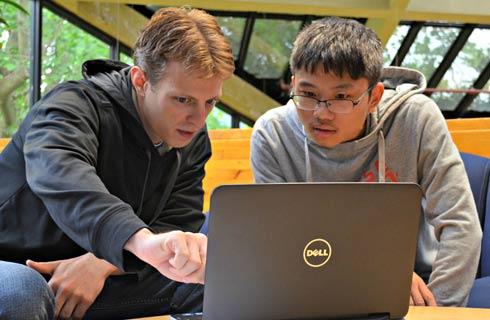
当代宗教文学硕士
学历文凭
Masters Degree (Taught)
开学日期
课程费用总额

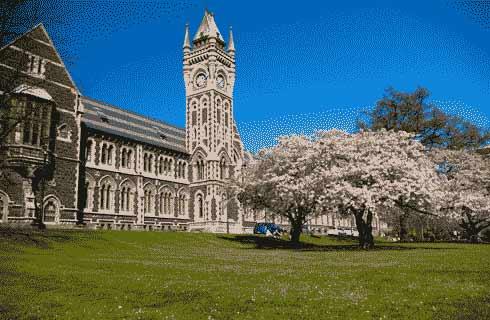
文学士(荣誉)-应用心理学
学历文凭
Bachelor Degree with Honours
开学日期
课程费用总额


文学士(荣誉)
学历文凭
Bachelor Degree with Honours
开学日期
课程费用总额


犯罪学硕士
学历文凭
Masters Degree (Taught)
开学日期
课程费用总额

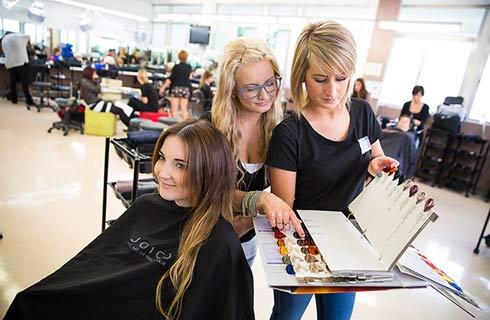
文学士(荣誉)-艺术(国际)
学历文凭
Bachelor Degree with Honours
开学日期
课程费用总额


文学士(荣誉)-艺术-音乐
学历文凭
Bachelor Degree with Honours
开学日期
课程费用总额

其他相关课程

国家土著研究中心哲学博士
 澳大利亚国立大学
澳大利亚国立大学学历文凭
Ph.D.
开学日期
课程费用总额


芬纳环境与社会学院哲学硕士
 澳大利亚国立大学
澳大利亚国立大学学历文凭
Masters Degree (Research)
开学日期
课程费用总额

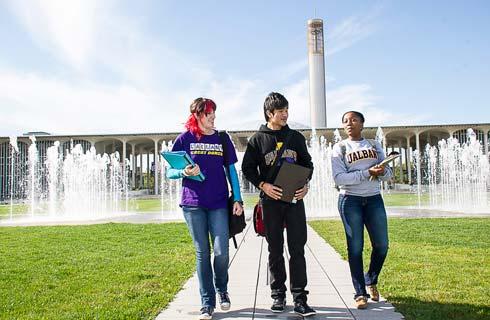
社会科学学士(荣誉学位)
 纽卡斯尔大学
纽卡斯尔大学学历文凭
Bachelor Degree with Honours
开学日期
课程费用总额


哲学博士(人文,艺术和社会科学)
 斯威本科技大学
斯威本科技大学泰晤士高等教育世界大学排名:282
学历文凭
Ph.D.
开学日期
课程费用总额

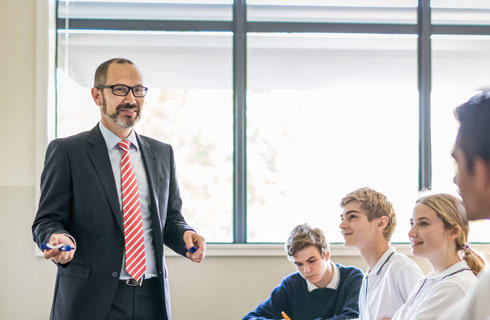
国际发展研究生文凭
 乐卓博大学
乐卓博大学泰晤士高等教育世界大学排名:267
学历文凭
Graduate Diploma
开学日期
课程费用总额


土著哲学博士
 南十字星大学
南十字星大学泰晤士高等教育世界大学排名:456
学历文凭
Ph.D.
开学日期
课程费用总额










 爱尔兰
爱尔兰